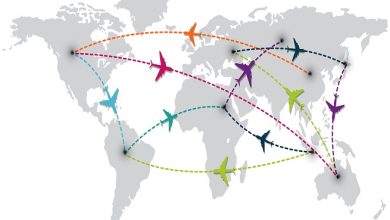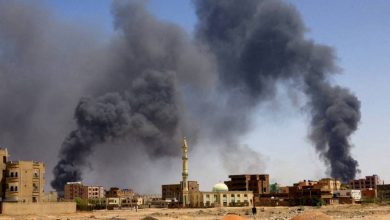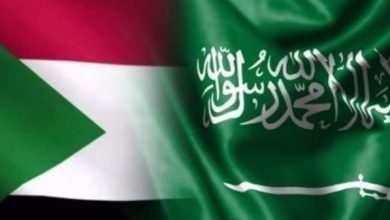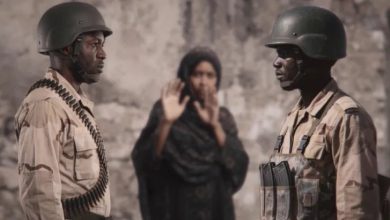How Can Governmental Facilities contribute in Providing Humanitarian aid following Geneva Talks?
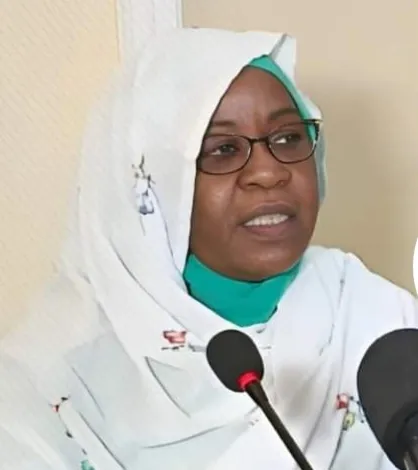
Sudan Events – Abdul Basit Idris
At a time when the words of the envoy Ramtan Lamra decided to express his satisfaction with the results of Geneva talks indirectly, so the Sudanese government about the details of what happened and what those talks include to, how can government facilities provide assistance to those affected by the war? What are the obstacles and impediments to this method?
International Commitments:
The government says in a statement issued by the head of its negotiating delegation, Salwa Adam, that the government renews and affirms the outcome of the missing with the United Nations, raising the flag over the Sudanese people within a framework recognized for Sudan and its unity that governs it finally for the laws, policies and national priorities governing all, and it also decided to create a small amount of any official collective entities to work until the end.
Rejection and Protest:
The United Nations UN deals within the framework of full recognition of the transitional authority in Sudan and dealing with its national teams. This was evident in Burhan’s address to the United Nations General Assembly and the interaction of international organizations with the demands of the Sudanese government after UNITAMS and Volker, and thus on this government action to name a comprehensive government delegation to respond to the invitation of the special envoy to attend Geneva, who attended, which was chosen by the politician with the framework powers , Ibrahim Al-Mirghani, considering that the United Nations provided Fernando, wondering about the reasons for the government mission.
Back to the militia leader, Hemeti, sent a letter to the Secretary-General of the United Nations in an unprecedented precedent in a unified society with rebel groups known for genocide crimes, as Hemeti demanded that the Secretary-General withdraw recognition of the existing Sudanese transitional government – despite its current formation in implementation of Juba Agreement for participation – the absence of a legitimate government after the October 25 coup, as Hemeti was, until the morning of his attempt to direct it, the deputy head of this government. Hemeti also demanded no-fly measures.
Details of the talks:
The government statement stated that the main government officials and my mother held (11) sessions, including (9) sessions at the level of specialized technical teams from both sides, and the (humanitarian aid axes) were partially discussed in terms of international funding, evaluation, priorities and measures, standards and specific access paths determined by the state, and the solutions affected by them.
Government Facilities:
The Sudanese government allocated (1529) soft entry notices on this topic from UN organizations and bodies, (10944) permits and signatures of the rapporteur, granting customs and tax exemptions and all impacts on humanitarian aid resources and mechanisms estimated at ($360 million), facilitation of the entry of humanitarian aid trucks, including (542) trucks through the Laya crossings in addition to (60) trucks previously for humanitarian aid states, in addition to increasing the number of crossings from 2 to 9 crossings by 80% of what they were before to deliver humanitarian aid.
Obstacles and Hurdles :
Reports of the United Nations indicate that millions of Sudanese need urgent assistance, and agencies have warned of those who contributed to combating the specter of hunger that threatens the lives of Sudanese, including many medicines and malnutrition among children.
According to US reports, the war has led to the displacement of 10 million people internally and more than two million people to neighboring countries. Recently, the US expressed its failure to pledge to the international community to provide the required support to save the Sudanese through aid, while it expressed the difficulties facing the work of delivering aid to the few due to the length of the rains, to follow up on this locally from the multiple difficulties in the impact of the war on the offices and cadres of national organizations and relief workers and the damage it causes to means of transportation and their headquarters from weapons.
Luminous Models:
In contrast, four countries have been providing their aid on a steady and continuous basis since the beginning of the war models, as they distribute this foreign aid through their mechanisms in coordination with the government authorities, namely the countries of Qatar through Qatari Red Crescent and the Qatar Charity Foundation, Saudi Arabia through the King Salman Center for Relief through crossings and air transport, and Turkey by sea by ships and airports.
